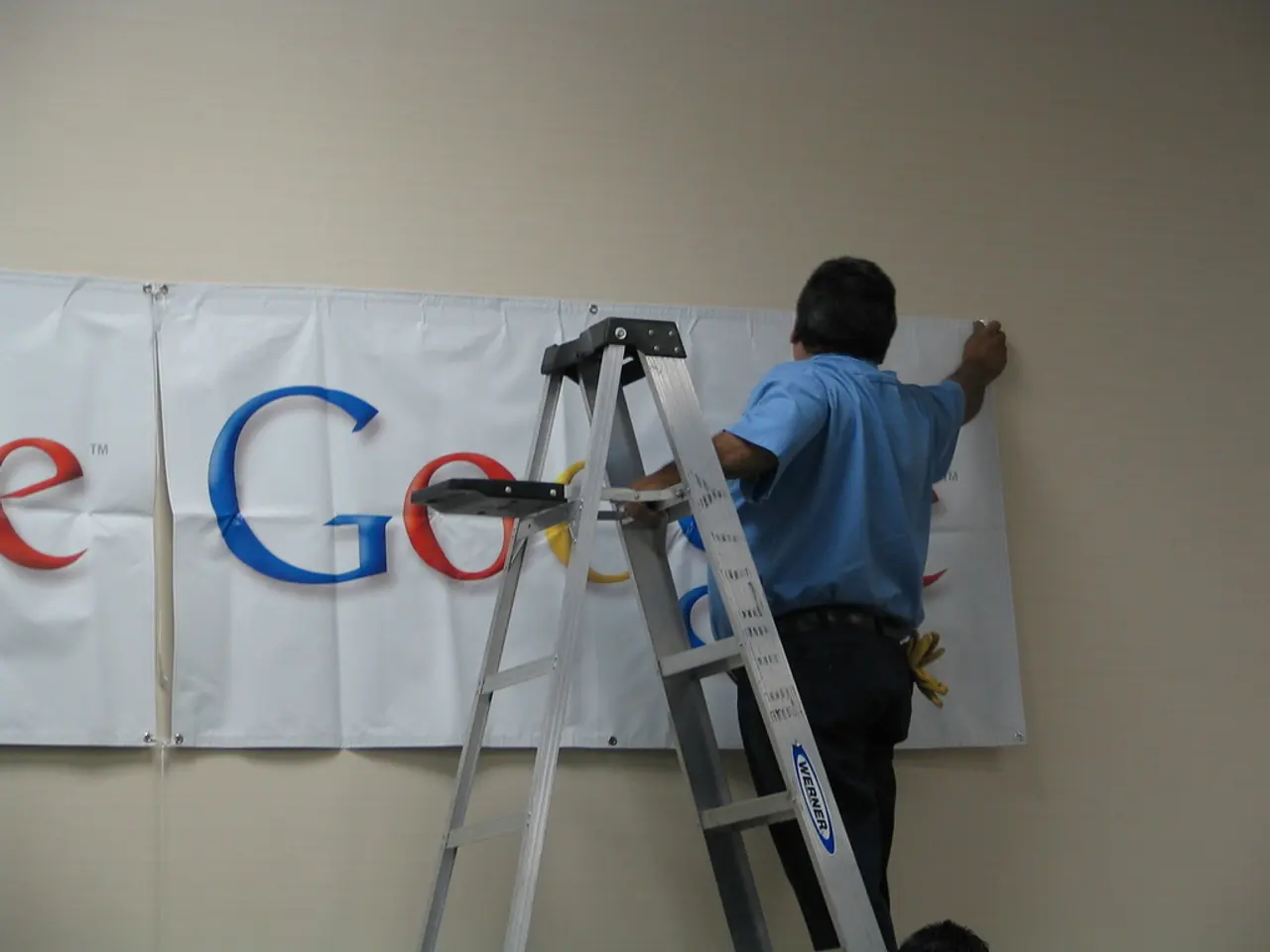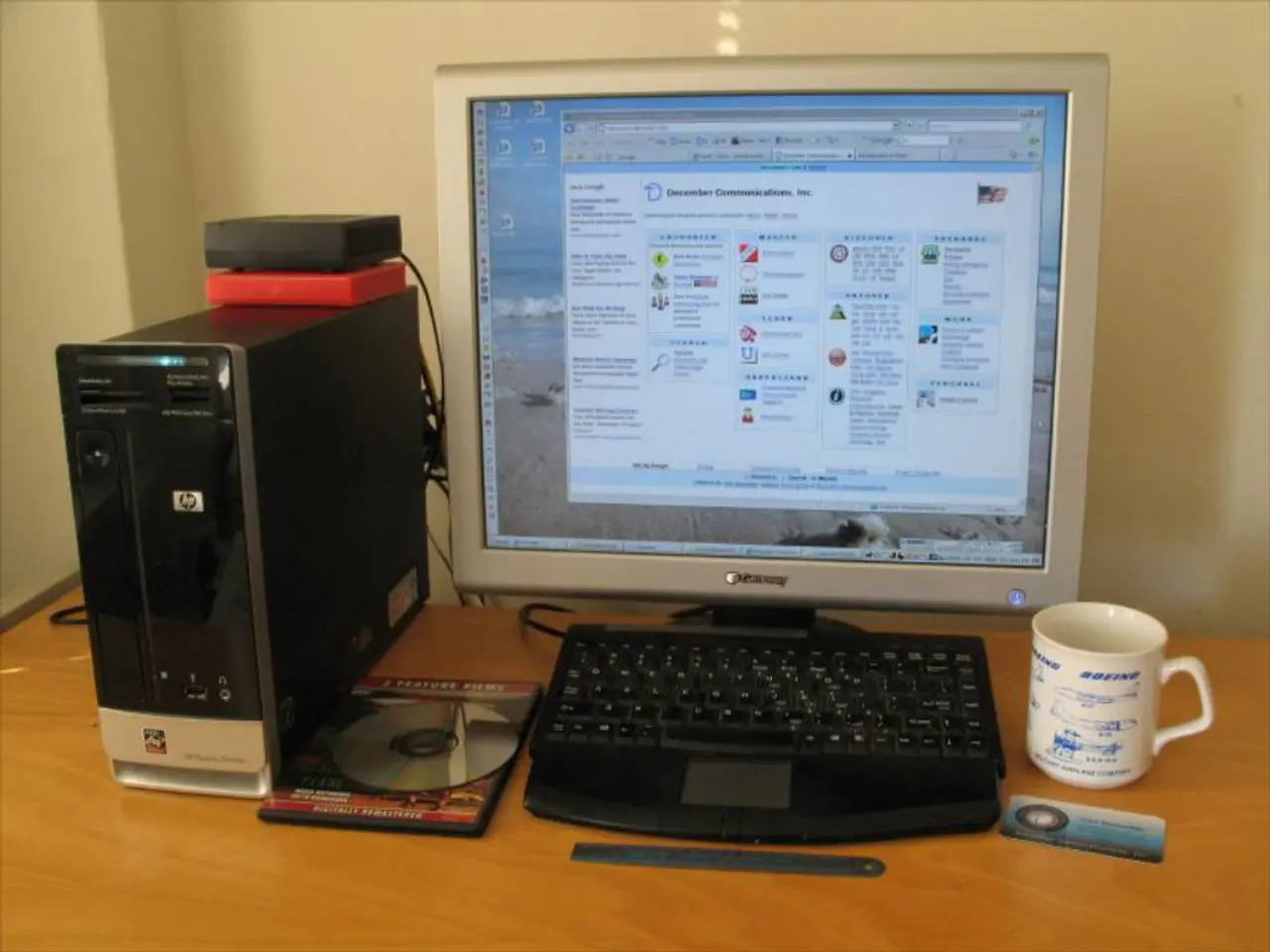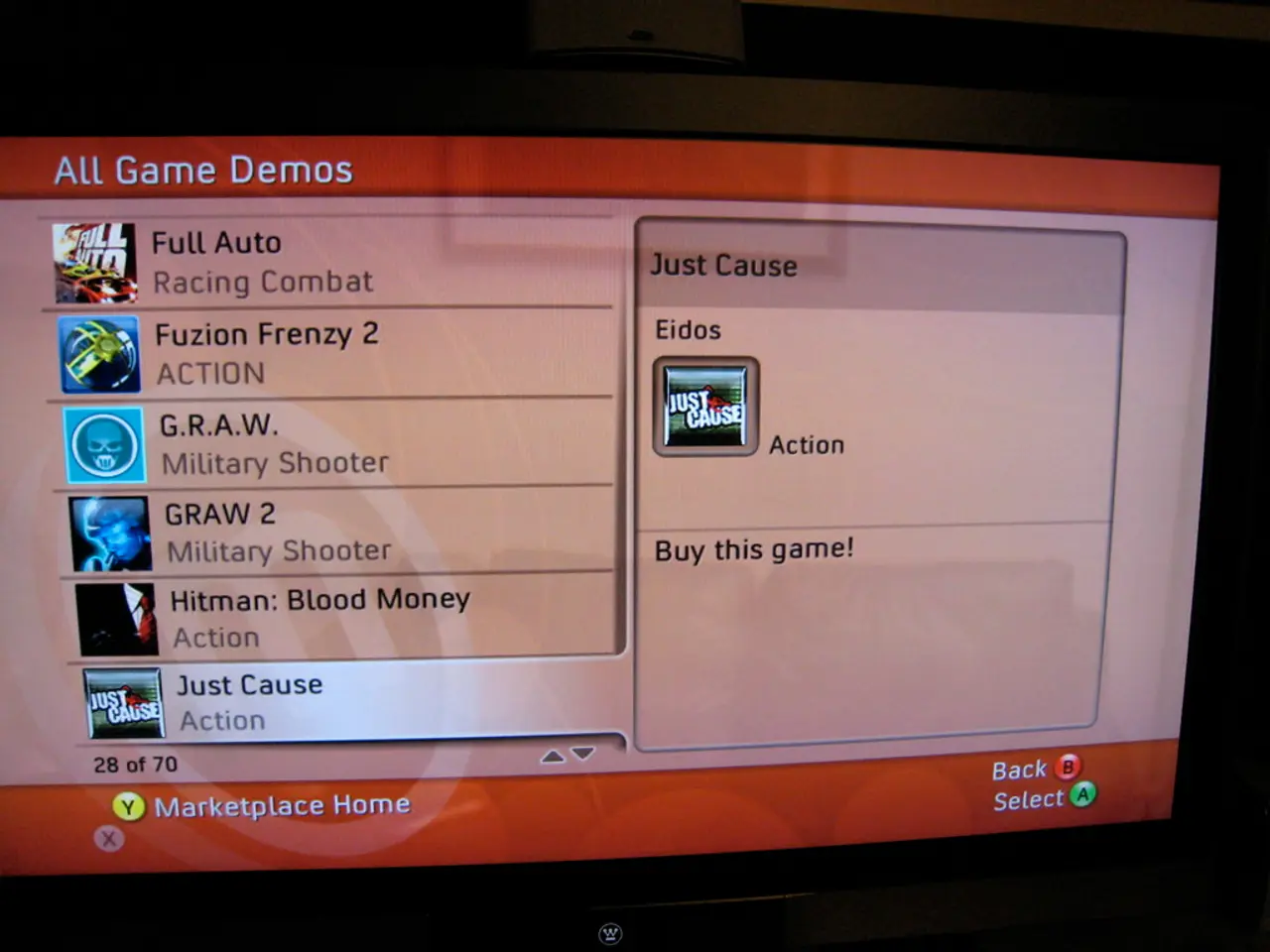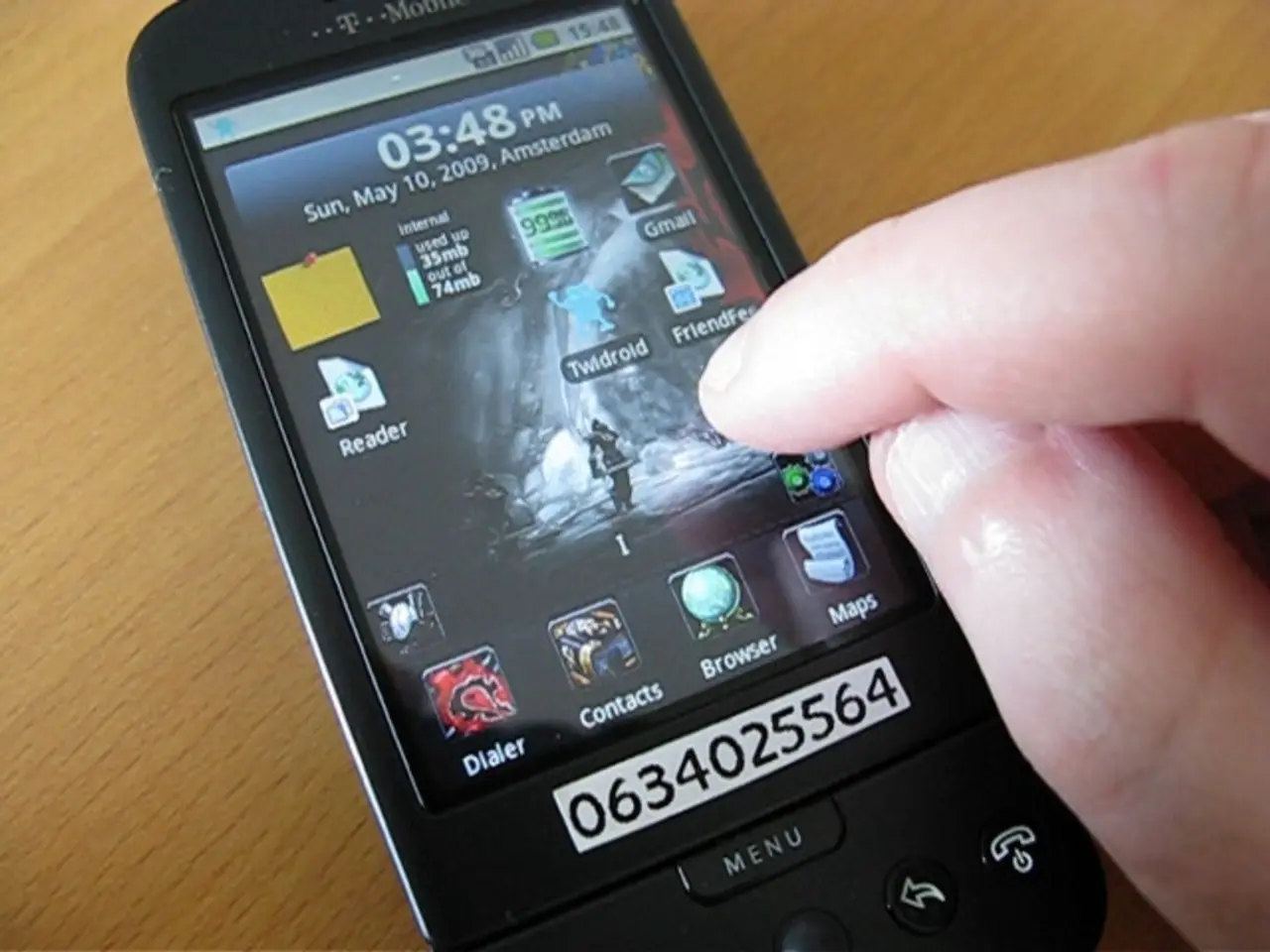Google eliminates numerous outdated links. Here's how to verify yours.
Google has partially reversed its decision to deactivate all goo.gl links, announcing that actively used URLs will continue to function beyond August 25, 2025, while inactive links will be disabled on that date [1][2][3][4].
In an update released on August 1, Google acknowledged that more than 99% of goo.gl links had no activity in the last month, according to their announcement last July [1]. However, the tech giant has decided to preserve links created with its URL shortener tool, even after the August 25 cutoff date, for those that are still actively being used [2][3].
Users can test if their links are still active by plugging them into their browser. If a warning page appears, the link will be disabled soon; if the link redirects without warning, it will remain active [4].
Google's initial plan was to discontinue all goo.gl links by August 25, 2025, which would cause them to return a 404 error. However, after significant user feedback about the widespread embedding of these links across documents, videos, and social media, Google revised its approach [1][2].
The update does not discuss any potential consequences for links that were not preserved. It also does not mention any restrictions on the number of links that will be preserved [5].
The way links are shared online has changed since the link shortener heyday in the early and mid 2000s. In the past, shorteners like goo.gl offered a cleaner, more user-friendly way to share long URLs, especially when social media sites like Twitter had shorter character limits [6]. However, with the rise of other services like Bit.ly and Ow.ly, Google's goo.gl has become less popular [7].
Google appreciates the input received regarding the preservation of active links and has made this decision to ensure continuity for many goo.gl URLs despite the shutdown of the shortening service itself, which stopped creating new links in March 2019 [8].
The update does not provide details on why certain links were found to be still active [1]. The original 2024 announcement stated that over time, these existing URLs saw less and less traffic as the years went on [1].
In summary, Google now maintains goo.gl links selectively, keeping "actively used" ones alive while retiring inactive links starting August 25, 2025. Users are advised to check the status of their goo.gl links to ensure they continue to function as intended.
[1] https://developers.google.com/url-shortener/deprecation [2] https://www.theverge.com/2022/8/1/23285511/google-goo-gl-url-shortener-links-preserved-active-usage [3] https://www.theguardian.com/technology/2022/aug/01/google-goo-gl-url-shortener-links-will-continue-to-work-after-august-2025 [4] https://www.wired.com/story/google-goo-gl-urls-will-still-work-if-theyre-still-used/ [5] https://www.techradar.com/news/google-goo-gl-url-shortener-links-will-still-work-if-theyre-still-used [6] https://www.theverge.com/2019/3/28/18283789/google-goo-gl-url-shortener-shutdown-march-2019 [7] https://www.theverge.com/2022/8/1/23285511/google-goo-gl-url-shortener-links-preserved-active-usage [8] https://www.theguardian.com/technology/2022/aug/01/google-goo-gl-url-shortener-links-will-continue-to-work-after-august-2025
AI can help users check the status of their goo.gl links by automating the process of testing if they are still active. The decision by Google to preserve goo.gl links that are still actively used demonstrates the impact of social media feedback on tech giant's decisions. During the link shortener's popularity in the early 2000s, technological advancements like Twitter's emergence made the cleaner and user-friendly approach of link shorteners attractive.




